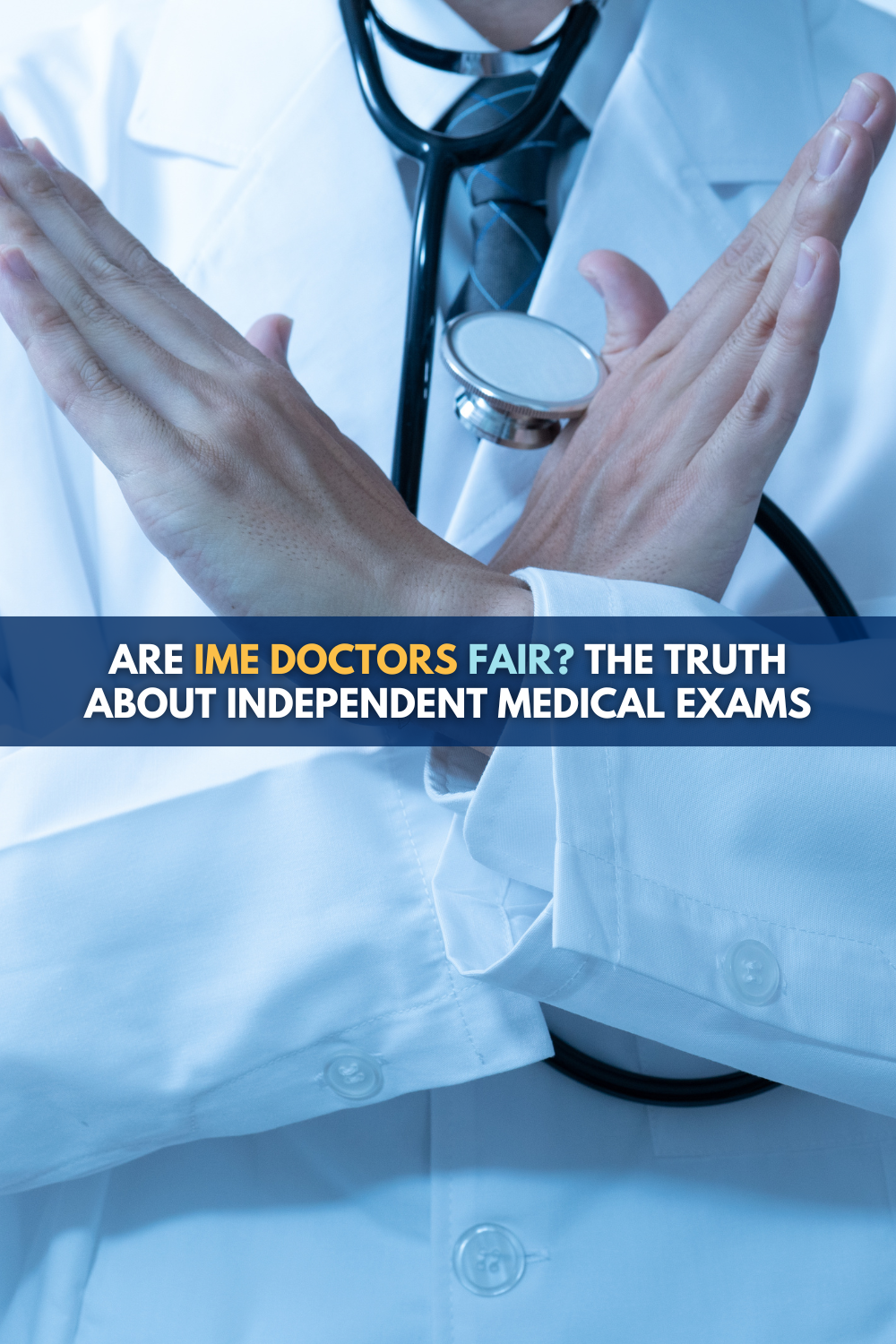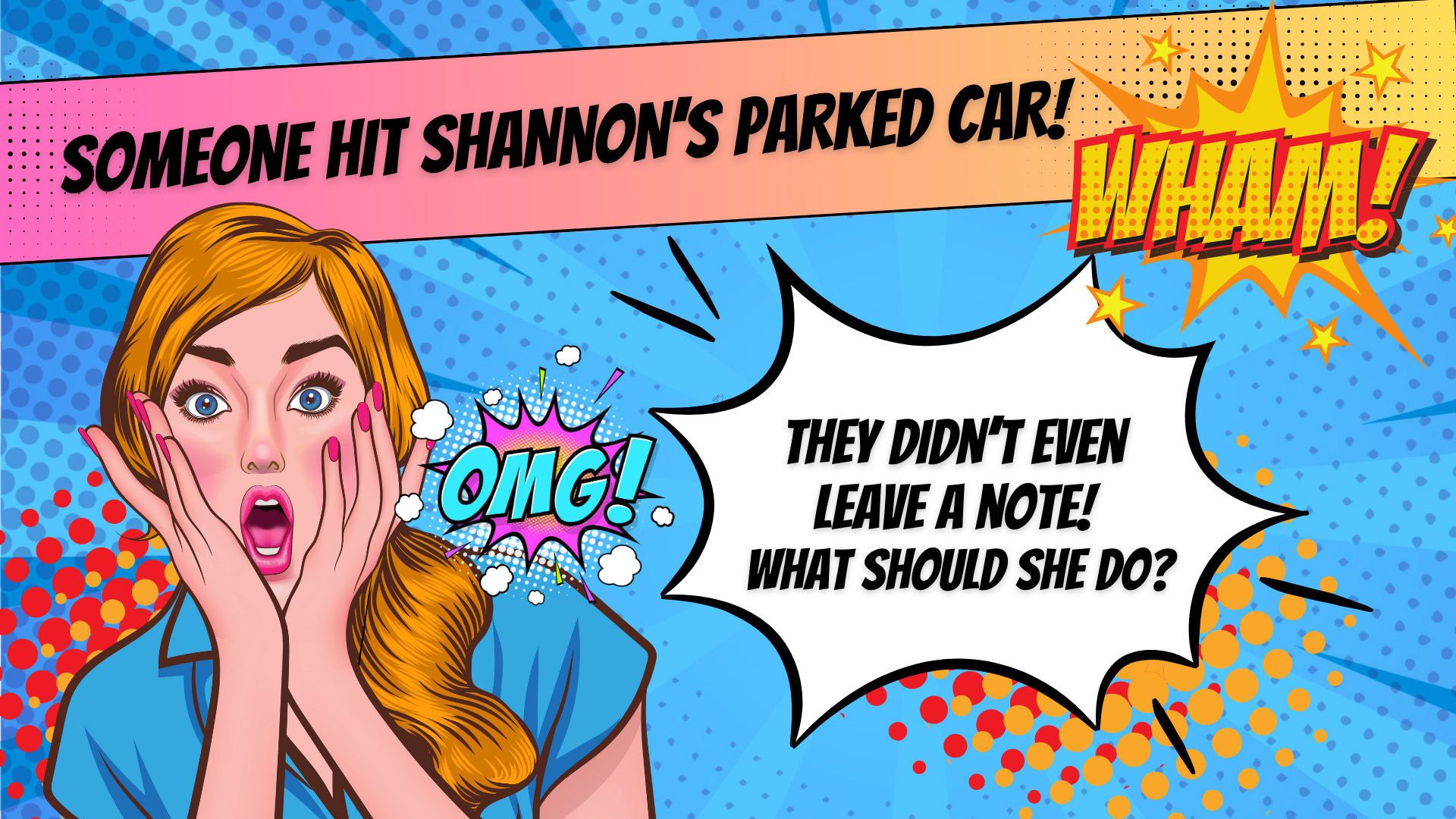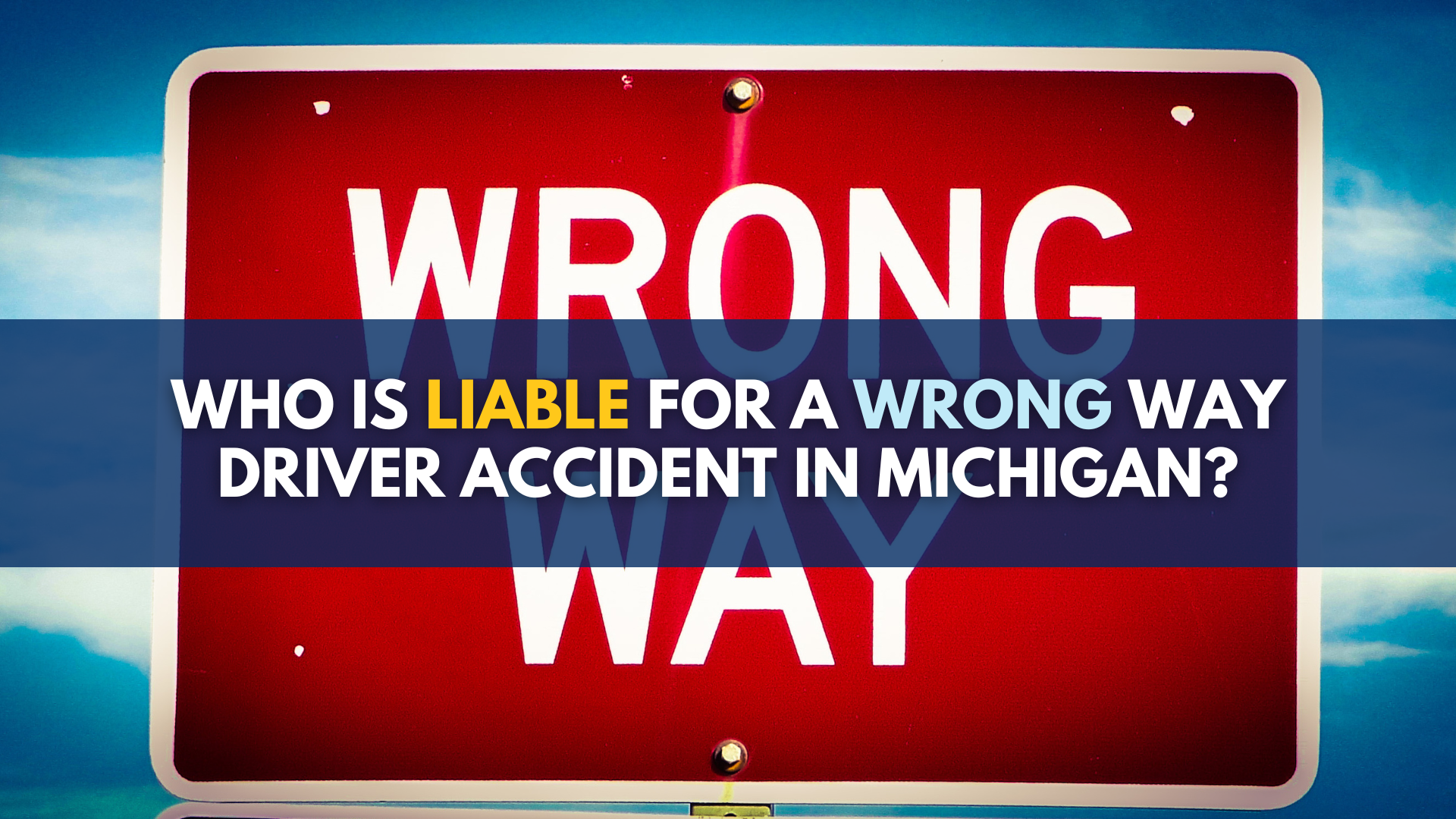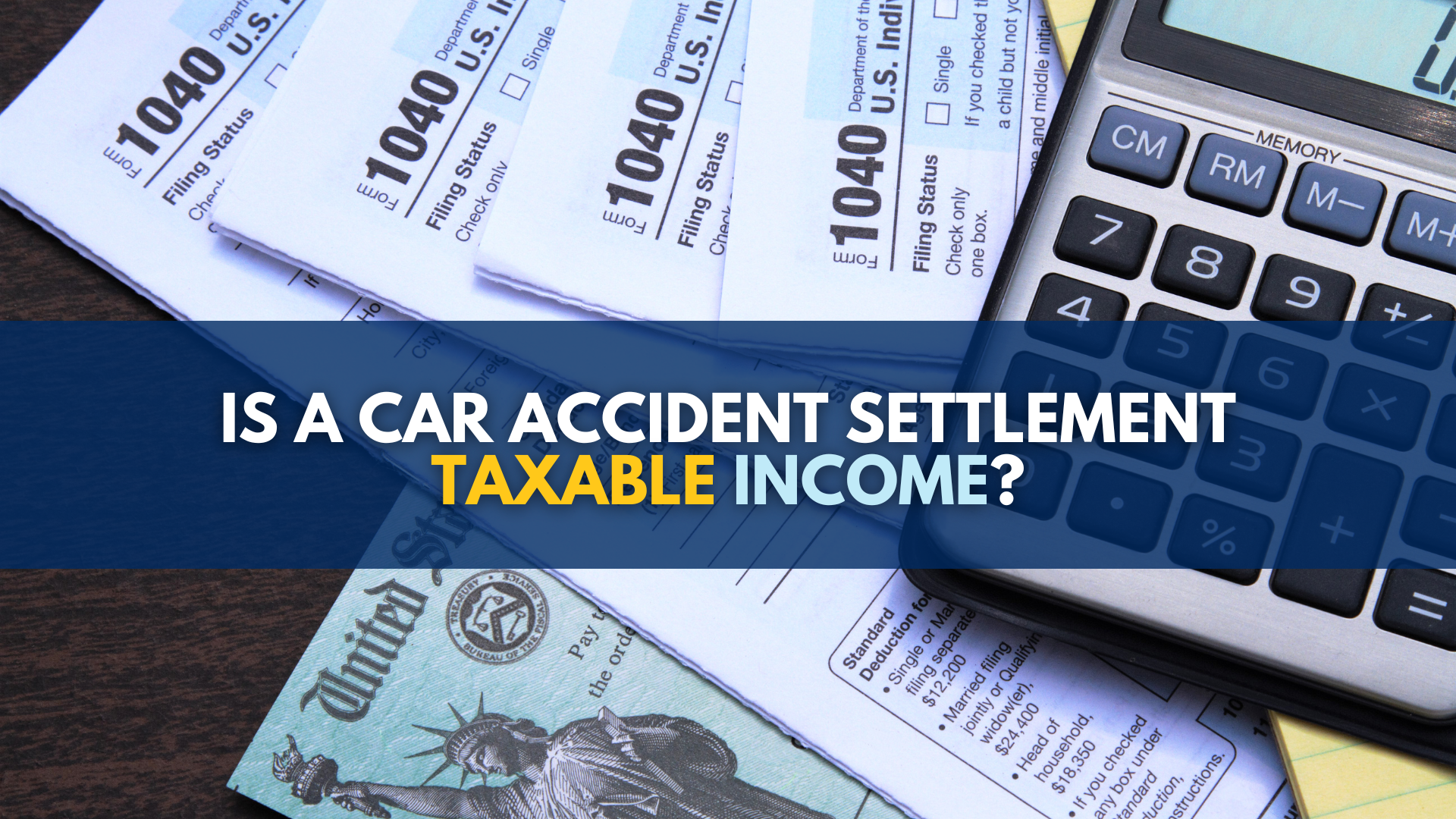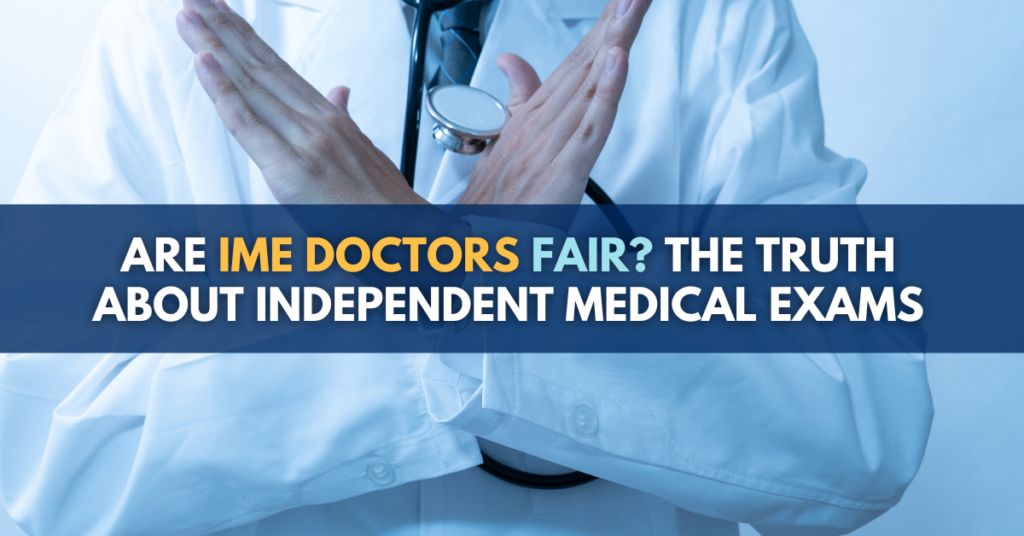
Most IME doctors are not fair. They’re biased in favor of the insurance companies that hire them and pay them a lot of money to do one-time exams of people. Most of these physicians are on pre-approved lists for claims adjusters to select from so they can find reasons to deny claims or to stop paying benefits.
What do these physicians do?
An IME doctor is selected and paid by the insurance company to perform what should be a fair one-time exam of a person and then writes a report with his opinions for the insurance company that hires him. While the insurance companies often misleadingly refer to these exams as “independent medical examination,” there is often nothing independent or impartial about them. Many IME doctors aren’t fair because they are making staggering amounts of money each year performing hundreds of these one-time examinations for insurance companies who then use their reports to suspend payments and cut-off claims.
Our auto accident attorneys frequently help car accident victims after their insurance companies have relied upon a independent medical exam report to “cut-off” No-Fault benefits for medical bills and lost wages.
When people suffer a personal injury in a car accident, insurance companies in Michigan must pay No-Fault insurance benefits for auto accident-related medical treatment that’s reasonably necessary for the injured person’s recovery and rehabilitation. An insurer must also pay for lost wages when a car accident victim’s injuries disable him or her from returning to work.
However, after someone has been injured in a car crash, it is usually only a matter of weeks or months before his or her auto insurance company’s adjuster sets up one of these so-called “independent medical examinations” – or a “second opinion” exams.
When this happens, a car accident victim is required by law to “submit” to an appropriate “mental or physical examination” by a physician who is selected and often handpicked by your insurance company. (MCL 500.3151(1))
These independent medical exams seldom last very long. It is common to have an exam include a 15 to 30 minutes history and then a brief physical examination of 5-15 minutes. For too many people who are forced to see an IME doctor who isn’t fair, this is exam is then followed with a multi-page report and what follows next is that the No-Fault benefits are “cut-off” – often even when the underlying personal injuries are obvious and devastating. The can do this to people and take very aggressive positions on the need for medical care and treatment because they are protected from being sued as there is no treating doctor-patient relationship. This means there are no consequences when they make a mistake.
Is an IME doctor fair or biased in favor of the insurance company?
Most IME doctors are not fair and are biased in favor of the insurance companies that hire them. These one-time IME exams can be enormously profitable for the doctors who perform them. If these doctors want to keep getting the work, many admit they must reliably generate the results sought by the insurer.
There is an entire independent medical exam industry in most states. These are the go-to physicians who are routinely hand-picked and selected by insurance companies, defense lawyers and claims adjusters when an insurance company wants to use an exam to stop paying a claim. Most insurance companies give claims adjusters a pre-approved list of IME doctors who aren’t fair and that are biased that they must use.
Sadly, the more reliable an physician is for an insurance company, the more work he or she will get and the more money they make. It is not uncommon to see IME doctors not being fair by making all sorts of horrible and nasty accusations in their reports calling people “fakers” or “malingerers.” These opinions almost always conclude that a person is “no longer disabled or “no longer in need of treatment.”
In return for finding “nothing wrong” with people who are forced to see them, most physicians are paid a lot of money. And of course this keeps the doctor on the pre-approved list so he or she can get more work in the future. It is not uncommon to see waiting rooms full of people forced to see these IME doctors who aren’t fair to their clients.
The reason that insurance companies use these IME doctors who aren’t fair is because they can save millions and millions of dollars in claims every year relying on these reports to suspend, deny, or terminate insurance benefits.
This work is so lucrative that many of these physicians rely on these one-time examinations as their main source of income. This also heavily incentivizes them to generate negative reports finding nothing wrong with people.
The majority of the physicians who participate in these one-time exams at the behest of No-Fault insurance companies, defense insurance attorneys and workers compensation carriers, all make staggering amounts of money. These doctors long ago forgot their Hippocratic Oath to “first do no harm.” Most sadly are too busy shattering the lives of people who desperately need lost wages and medical treatment from their own insurance companies.
These physicians serve no medical purpose
These physicians serves no medical purpose because he or she is not diagnosing, treating or healing the car accident who is being examined. As the Michigan Supreme Court said in Dyer v. Trachtman, their “goal is to gather information for” the auto insurance company “for use in . . . financial decisions.”
The are adversarial to car accident victims
The purpose of an independent medical examination is not to treat or heal. The purpose is to find a medical “reason” that the claims adjuster from the insurance company can use to cut-off, suspend, or deny claims and medical benefits. These IME doctors aren’t providing fair exams because they are chosen by the insurer who is legally otherwise obligated to pay these claims, creating an obvious conflict of interest for the insurance companies to find and select doctors that will allow them to avoid paying as many claims as possible. These doctors are not independent. They are not selected by an independent panel of doctors, lawyers or judges. They are not selected by the the auto accident victim who is forced to see them. These physicians are told before the exams by the claims adjuster what issues to focus on and what questions to ask. Most of them will refuse to be recorded.
Additionally, we know from bad faith litigation and claims-handling lawsuits that physicians and independent medical exams are being used preemptively to save money. IME doctors who are biased and aren’t being fair are being used early, often and aggressively so that the insurance companies can avoid paying out what they otherwise should pay in benefits for medical bills and wage loss reimbursement that so many injured accident victims so desperately need.
These physicians save insurance companies millions of dollars by providing claims adjusters with the “excuses” they can rely upon to deny and avoid paying out on legitimate claims.
IME doctors who aren’t fair are secretive
IME doctors will routinely resist and object to having their exam of a car accident victim recorded or video-taped. Why are they so secretive? Most often it is because IME doctors aren’t fair and they have something to hide. How do I know? Let’s use an actual case that went to trial as an example. In this case, I had to go to court to have the judge rule that I was able to video-record the exam of my client who was seriously injured in a truck accident. Without the video-tape of the exam, I would never have been able to prove that the statements the doctor claimed my client made to her were things he never said!
The best way to make sure the IME doctor is fair and to protect a person who is required to submit to an exam is to require the exam be recorded. Although some states allow this as an automatic right to protect fairness, many states – including Michigan – do not. In these states a lawyer will be required to go to court and get a court order allowing for the exam to be recorded.
Tricks used by IME doctors who aren’t fair
The most common tricks used include: (1) using questionnaires to improperly ask questions beyond the scope of the IME; (2) lying about what car accident victims did and didn’t say; (3) finding “causes” of injuries that absolve the insurer from paying; and (4) administering inappropriate and invasive tests.
Using questionnaires to transform an independent medical examination into a second deposition of a car accident victim – but one that is without counsel and that is not being recorded by a court reporter – is one of the most notorious tricks.
Instead of just asking medical questions relevant to medical history before performing a physical exam, this trick involves the IME doctor not being fair by playing defense lawyer. Often an accident victim is asked to fill out a lengthy questionnaire.
Our auto accident attorneys do not let our clients fill out these questionnaires. If they are required at all, they are filled out before the exam. Often they are not necessary and many of the questions are objectionable. These physicians have already been provided with your medical records by your claims adjuster.
However, what these questionnaires will do is allow a doctor to ask you questions about your car accident and your lawsuit without your lawyer present. The scope of an independent medical exam is narrow. They are limited under the No-Fault law to only being able to require you to “submit” to a “mental or physical examination by physicians.” (MCL 500.3151(1)) Your auto insurance company can order you to go to an independent medical examination and you must go and submit to the “mental or physical examination.” An IME doctor who isn’t being fair asking you to fill out an extensive questionnaire, asking detailed questions about how a car accident happened, is beyond the scope of the exam and is not part of the legal requirement to attend to an exam.
OUR ADVICE: In order to protect our clients from being ambushed by IME doctors who aren’t fair and use these tricks, like lengthy questionnaires, we notify the insurer in advance to inform him or her that our clients will not be filling out questionnaires at the exam. Any questionnaires related to an independent medical exam that the physician or the claims adjuster for the insurance company wishes to have must first be sent to our car accident laywers, who will review it and complete it with the client providing only the information that is relevant (such as pain levels and treatment to-date) to an independent medical exam.
Injured in a car accident? Call the attorneys at Michigan Auto Law
If you have been injured in a car accident and you feel your IME doctor wasn’t fair
call now (855) 781-7747 for a free consultation with one of our experienced car accident lawyers. There is no cost or obligation. You can also visit our contact page or use the chat feature on our website.
Michigan Auto Law is Michigan’s largest and most successful law firm that specializes exclusively in helping people who have been injured in auto accidents.
Our secret? Our car accident attorneys deliberately handle fewer cases than other personal injury law firms. This allows us to focus more time and attention on our cases.
Unlike other law firms, our auto accident attorneys are never too busy to promptly return phone calls and answer questions.
We have more than 2,000 5-Star Reviews that reflect this care and attention to detail.
More importantly, this client-focused approach leads to better and faster settlements for our clients. Michigan Auto Law has recovered more million-dollar settlements and trial verdicts for motor vehicle accidents than any other lawyer or law firm in Michigan. We’ve also recovered the highest ever reported truck accident and car accident settlement in the state.
Call now so we can start making a real difference for you.
